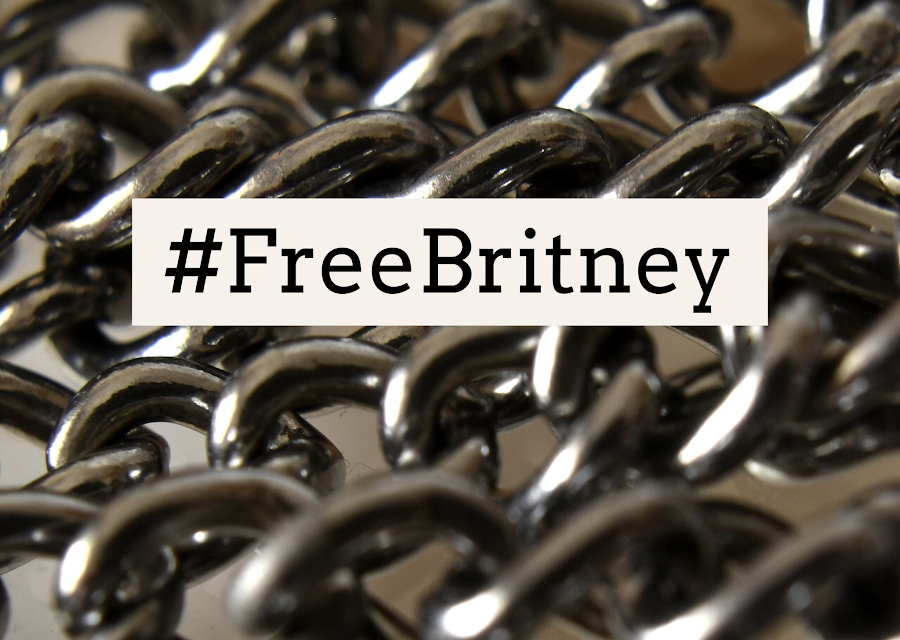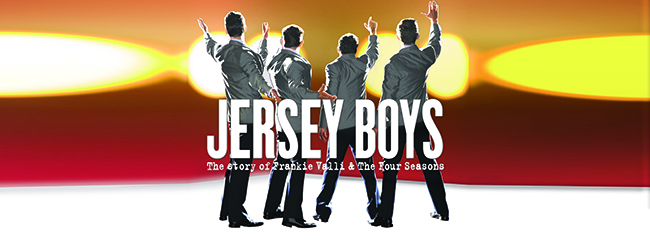Close to the beginning of the documentary, Framing Britney Spears, that has made a recent splash, there is a moment where Star Search host Ed McMahon is talking to 10-year-old Britney on stage after a remarkable singing performance.
He puts the microphone to her face, tells her she has pretty eyes, and asks if she has a boyfriend. The little girl answers that she doesn’t.
“They’re mean,” she says.
Something in her eyes makes me think she’s pulling it from somewhere deeper.
McMahon looks surprised, wondering aloud if she means all boys.
It’s a fascinating exchange that makes me sit up a little straighter on my couch. Because frankly I had tuned in to this thing to see what the hype was about, but in that moment I became profoundly interested in Britney Spears. Not as voyeur to celebrity but as one human being to another.
My mind began to wander. Where does a little girl formulate that kind of opinion? A pretty girl from Mississippi, to boot. Weren’t we always led to believe these are the kinds of people who rule the world, the ones who won the beauty standard lottery and parlayed it into a lucrative living?
God, was I still thinking that way?
That footage was from 1992. Back then I was a feminist sports journalist, so I’d say I was acutely aware of sexist language and actions and skewed cultural norms; I wrote columns on those topics all the time. Perhaps it was because I wasn’t paying close attention to Spears then that I had never picked up on what I now see as disgraceful, misogynistic treatment of her. Or, unfortunately more accurate, it might be that I was – am — still way more engulfed in the patriarchal mindset than I ever realized.
Back then, would I have thought, why is this guy asking a profoundly talented girl if she has a boyfriend? Maybe. But now, as I watch this documentary, I’m shouting at my TV — That’s your burning question for her after she made it onto that stage and belted out a tune? If she gets male attention? Wow, that’ll really put her on the map, Ed.
Lord have mercy.
Let’s rewind for a little context. If you had asked me a week ago what I know about Britney Spears, I would have said, “Well, let’s see. Her song Baby One More Time is on my workout playlist because it’s so catchy. She had a great run as a pop star, appealing to mostly young girls who wanted to be her and guys who dug the whole naughty schoolgirl thing. But I haven’t heard much about her lately. Whatever happened to her?”
I’m not one to tune into TMZ or even read People magazine or gossip sites, so a lot of the headlines about her had either eluded me or were blips on my radar. When I heard The New York Times had done this documentary focusing on the issue of her conservatorship and her father, I was intrigued.
However, I did not expect to watch it mostly in horror. I actually flinched on a few occasions. And I became absolutely obsessed with the clip from a 2003 “no holds barred” Diane Sawyer Primetime interview in the film, so obsessed that the next day I found the entire 42-minute Sawyer interview and watched it. It takes place when Spears is 21 and has just had a public breakup with Justin Timberlake.
Sawyer: I have to ask about Justin.
Spears: OK, of course.
Sawyer (in a cloyingly maternal tone): He’s gone on television and pretty much said you broke his heart, you did something that caused him so much pain [camera pans to Spears looking remorseful], so much suffering. What did you do?
That is juxtaposed with Timberlake appearing as a guest on a radio show and getting back-slapped for admitting he had sex with her.
Then we get Sawyer’s narration to introduce another segment: “Britney Spears has upset a lot of mothers in this country, starting with the wife of the governor of Maryland.” Following this is a graphic of said wife saying she would shoot Britney Spears if she could.
Spears: Oh, that’s horrible. That’s really bad.
Sawyer: Because of the example for kids and how hard it is to be a parent.
Spears: Well, that’s really sad that she said that. Ew.
Sawyer looks smug.
Spears: I’m not here to, you know, babysit her kids.
Score one for Spears.
Even if we just learned a lesson. Britney’s exposed abdomen, bad example for kids. Justin’s kiss-and-tell? Boys will be boys.
By the way, this may sound like a major swipe at Sawyer, someone I’ve always admired. It’s more like a sweeping condemnation of our societal norms. I once told a female high school athlete whose team I covered regularly that she looked great, only to find out weeks later that the weight she had lost was due to an eating disorder. I felt shame. Put me right in there with the rest of society.
Additionally, flip this Spears thing around for another sobering perspective. I think a lot of females watching this documentary are cringing because they see some part of their teen selves and their own struggle to balance their brains/ambitions with their bodies/sexuality.
I most certainly did. One minute you’re thinking, wow, these breasts get a lot of attention. The next minute, it’s hmmmm, I don’t want this attention today. How can I turn it off?
As the film unfolded, I watched Spears learn that her talent would be nurtured by her mother and a female family friend. We get that her father is not really on board and that the relationship is strained. We see her seemingly blossom in ownership of her sexually charged videos and performances, but in interviews there is a disconnect, an innocence that doesn’t seem contrived. While most of us get to make that transition in private, Spears – who as a gymnast had a comfort with her physical self — did so in the public eye.
I get that she chose that. And if we suggest choosing it doesn’t make it simple or smooth, we’ll get eye rolls from onlookers who think fame and fortune equal Easy Street. But truly, she had no idea what she was in for growing up in the spotlight. She reminds me of the high school cheerleader in American Beauty who got Kevin Spacey’s character so worked up, but was actually a virgin who hadn’t figured out how to handle her own sexual power.
Reporters asking Spears if she’s a virgin? Why wasn’t she properly coached to tell them to go jump in a lake instead of sharing that she’s waiting for marriage? Why is that then a green light for future interviewers to play gotcha when she’s in a relationship?
It was appalling to watch this play out in this film. And yet, again, I knew about some of this when it was happening in real time and it didn’t register the way it does now.
In the days since watching it, here’s where I am — is this a benefit of #MeToo? Do I now feel her situation so much more because I’ve been further enlightened by events in recent years and a younger generation schooling me? I think so.
James Corden hosted a Carpool Karaoke with Spears in 2016 and in it she talks of wanting three more kids (she has two now). Corden asks her what kind of man she wants and she says she’s done with men and marriage.
“I might French kiss someone, but I’m not going to marry anyone,” Spears says.
Sigh. It was like she was dialing back to simpler times.
As we speak, the #FreeBritney movement is growing. Because, yes, sitting on top of all I’ve just shared is this whole case of her father’s conservatorship. She’s 39 years old and under his sway in a legally binding way because of decisions she made over a decade ago.
In retrospect, Ed McMahon’s question to a 10-year-old feels like a foreshadowing. Where does a girl that age form an opinion that boys are mean? On the playground? Yeah, maybe. But how about in her own home?
That little girl knew things.
#FreeBritney.






